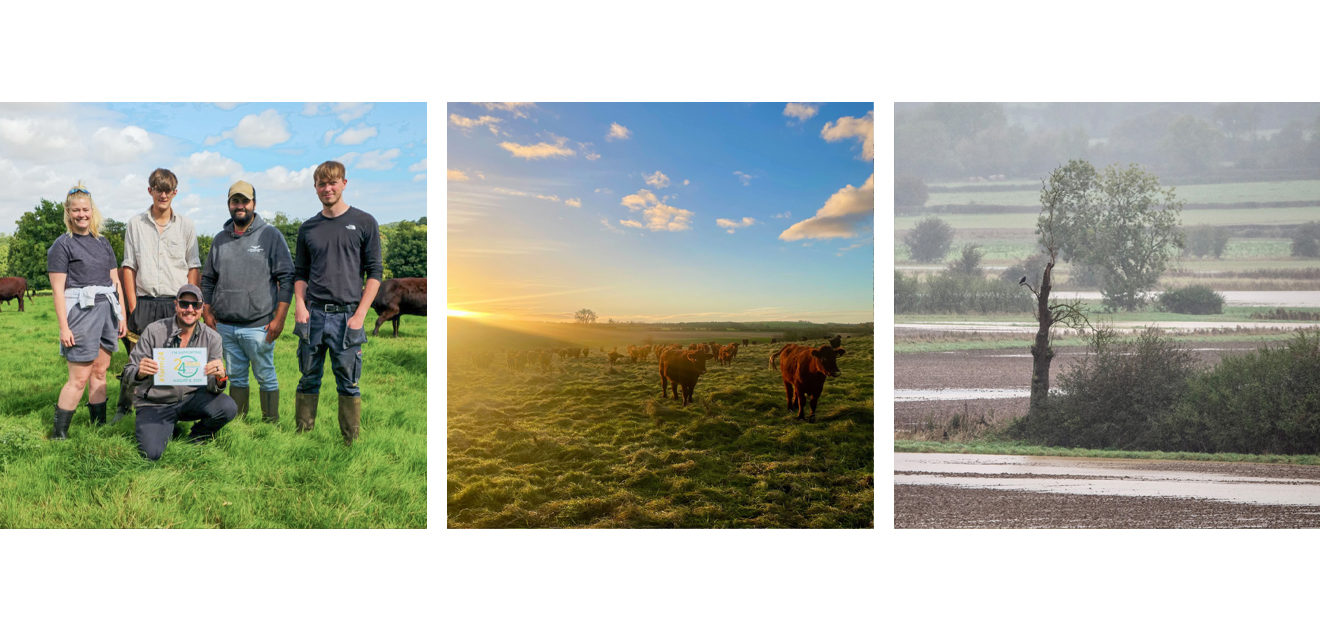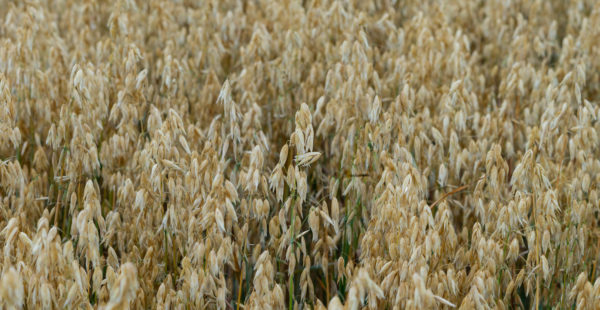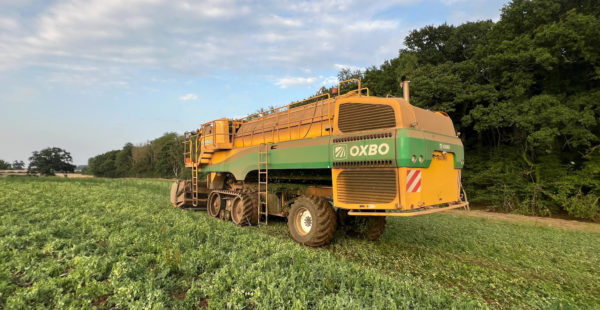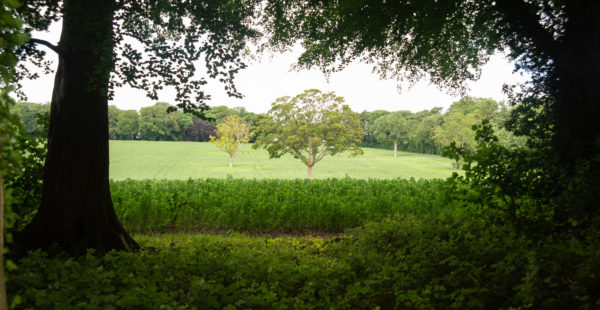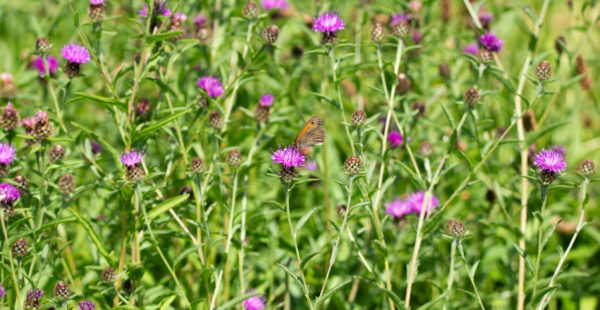From the Karoo to the Wolds: A Catch-up with Philip
We hope we find you thriving as autumn makes its presence felt. This week it feels like the seasons have changed decisively and at the time of writing we’re expecting a daytime high of 14C and an overnight low of 5C. Temperatures are set to rise, however, and we’re forecast a temperature range of 19C-10C over the weekend.
The next week will be calm and sunny, which makes it a fine time to explore the lovely Lincolnshire Wolds in its early autumnal glory. You can find our free, downloadable walking guides HERE. If you do get out and about around South Ormsby Estate this month, there’s a good chance you’ll see our Lincoln Reds enjoying the last sweet mouthfuls of summer pasture in the gentle sunshine. Their coats will be getting shaggy soon and their copper hues match the seasonal treeline beautifully.
Speaking of Lincoln Reds, this week we caught up with new Herd Manager, Philip Taylor. “I’m originally from South Africa,” said Philip. “I’m from a small town in a dry area known as the Karoo. My dad was the headmaster of a primary school and it was a small rural community. We owned a small farm with a few sheep and we spent most of our weekends there. I always knew I wanted to go into agriculture.
“I studied agriculture and specialised in animal husbandry and genetics. I started with sheep having grown up with them and later moved into cattle. I had a strong interest in the genetic side of things and there’s more scope to apply that with cattle. I farmed cattle in the Eastern Cape and played a prominent role in a stud.
“I brought my family to the UK just over three years ago. A close neighbour was murdered and I moved to the city and took a sales job to get away from the area. I then took a look at moving to the UK. We had a new son and I wanted to give him safety and a better start in life.
“We arrived in the UK during Covid. We were quarantined at the Heathrow Hilton for 10 days and spent some time near London. My first job in the UK was with dairy goats near Hull. In South Africa, I’d been building up a specialism with cattle but it’s difficult to get agricultural jobs in the UK without experience of UK jobs on your CV. I started my goat job on minimum wage and built up my experience again.
“One big difference between South Africa and the UK is the weather. In the Karoo, it can range from -13C in the winter to +45C in the summer. I’ve never been bothered by the weather; you can always put on a coat. We were warned about British weather but it’s not been that bad. Another bonus is that British people are overall very friendly. British systems and services work and most people you speak to are very helpful. I didn’t expect that, maybe because of British understatement.


